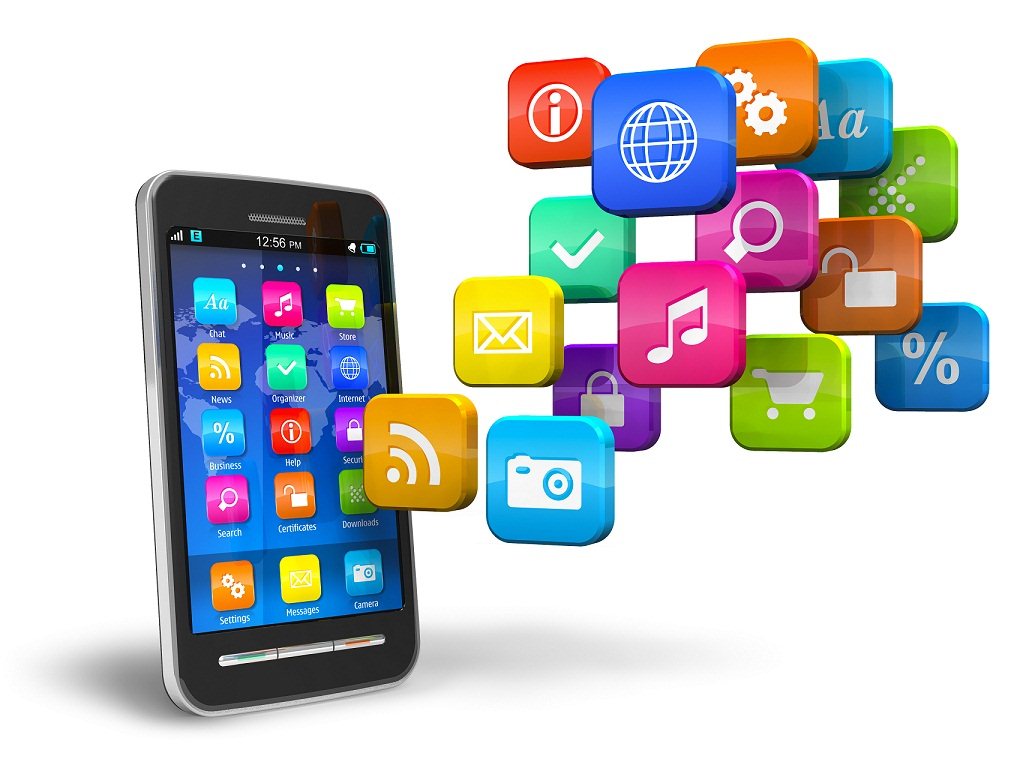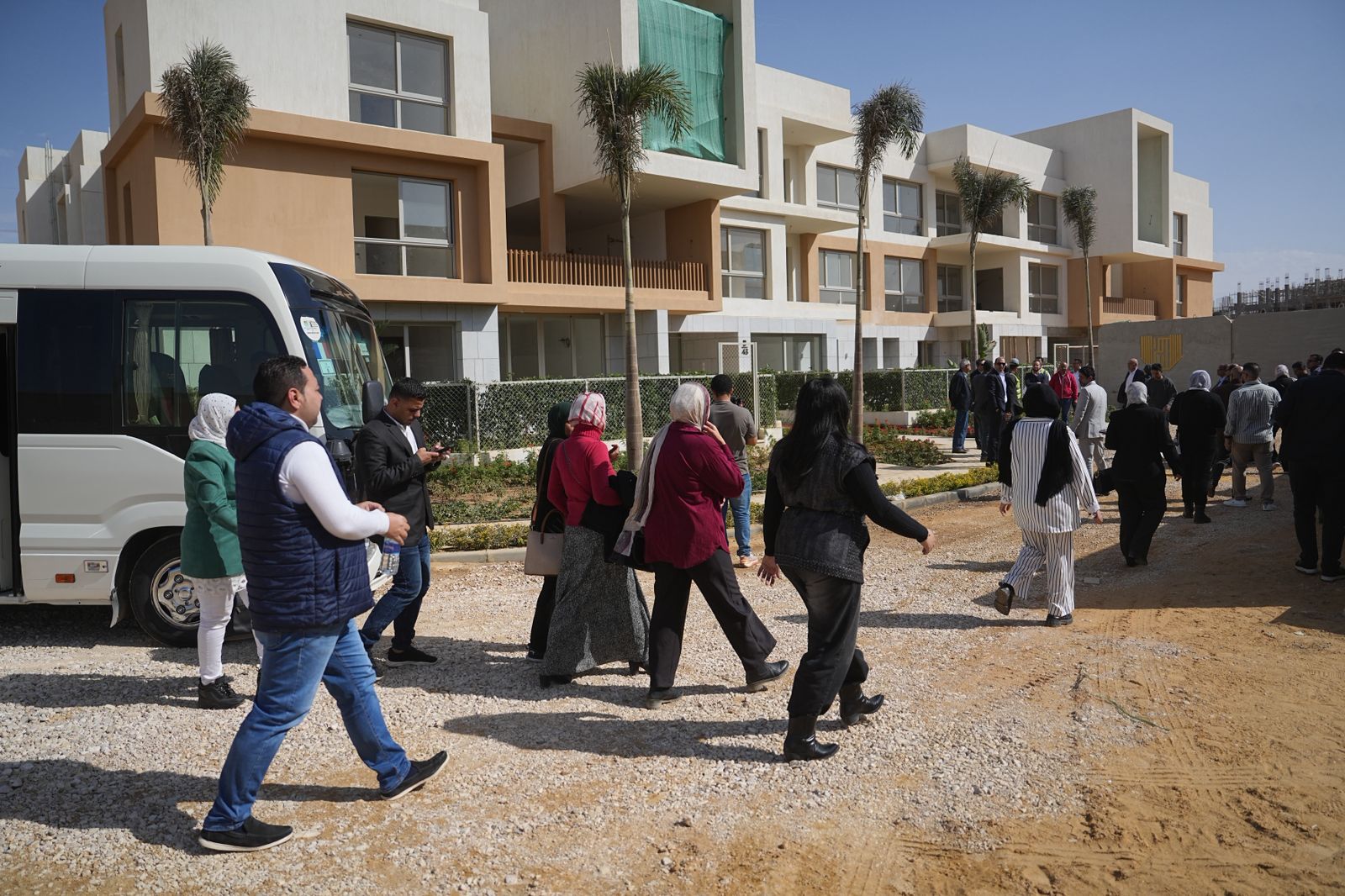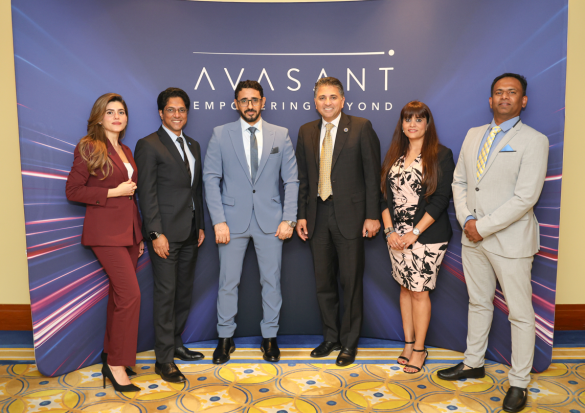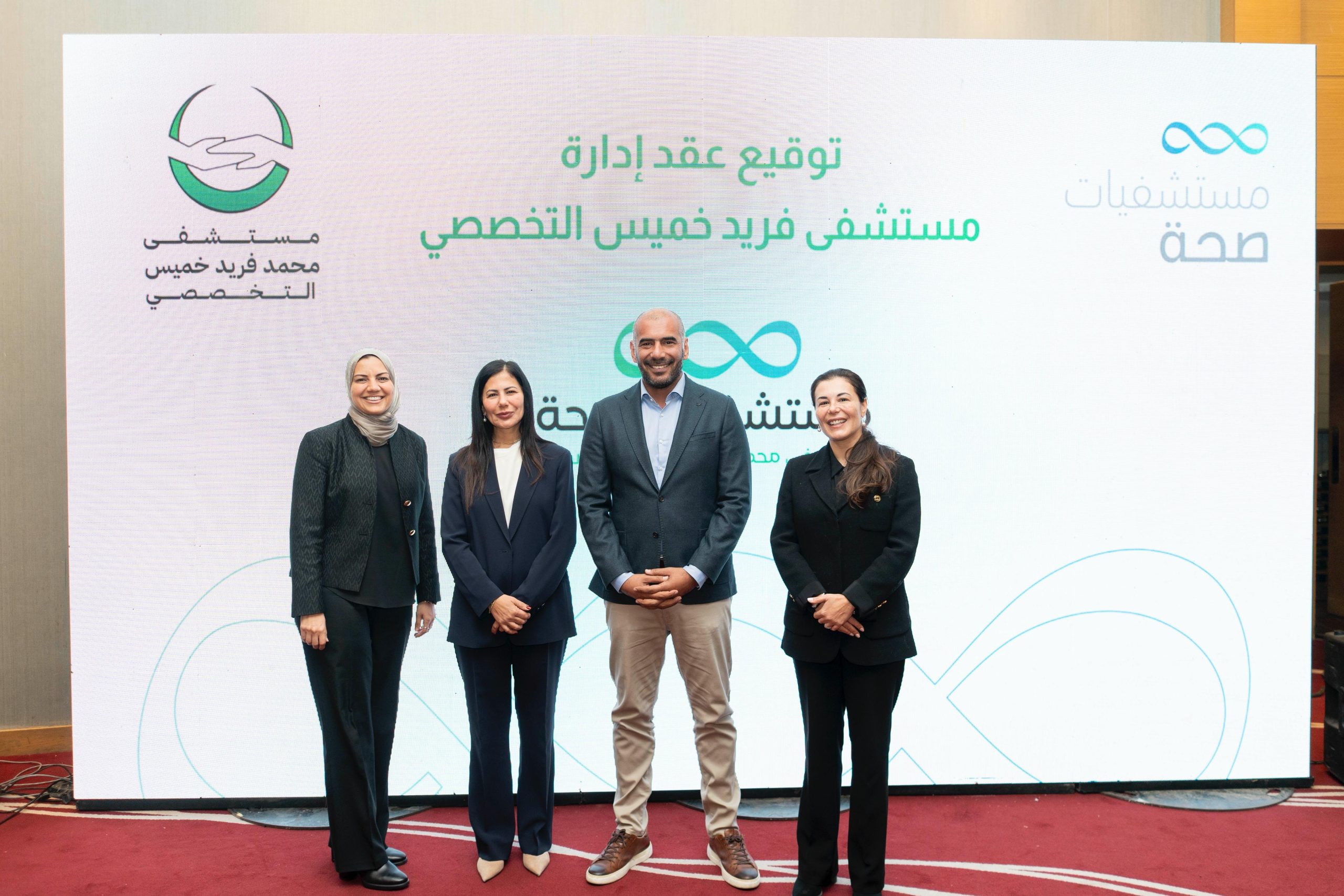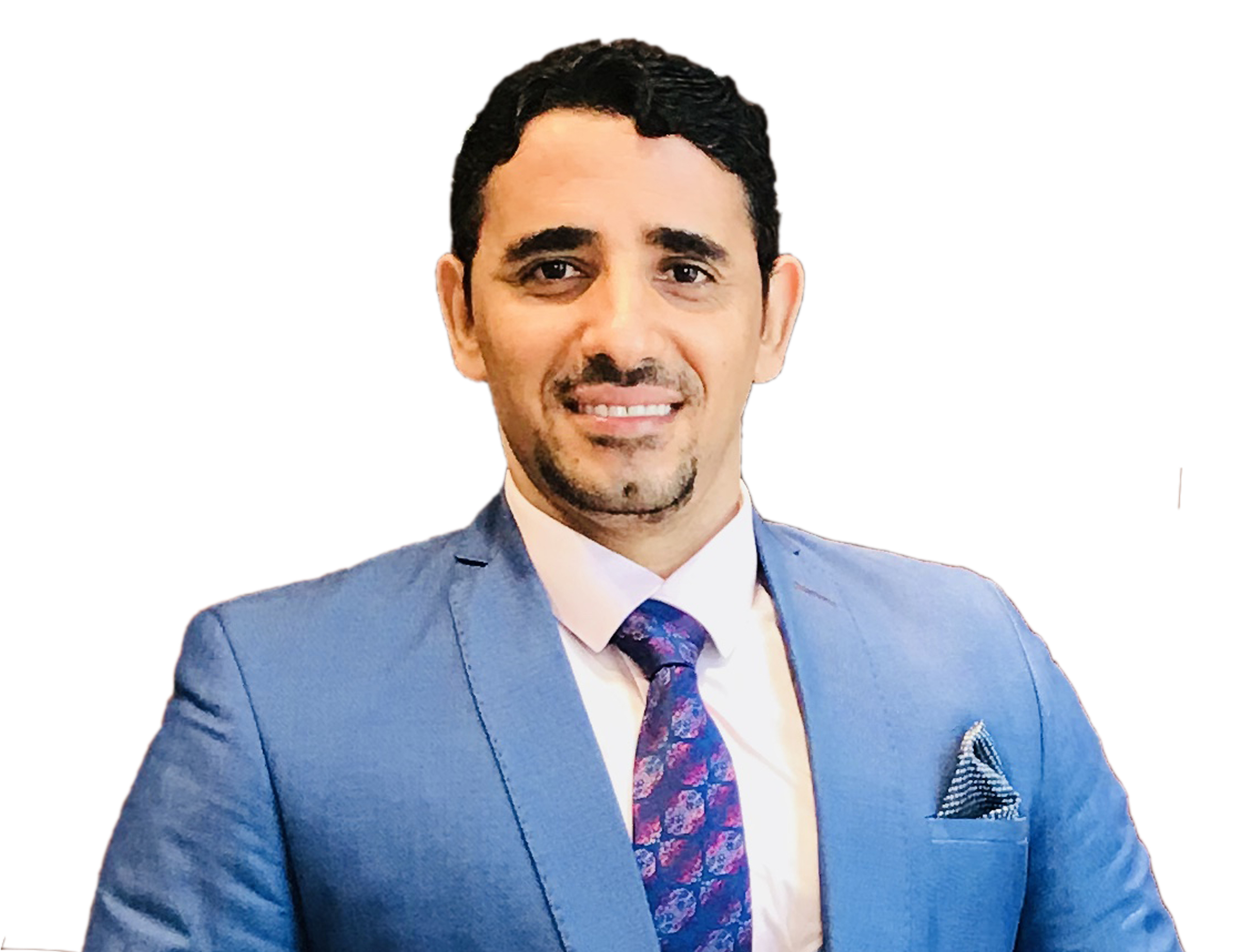
Dr Mohamed Abdulzaher
Media Consultant at UAE Government Communication Office
More than 150 service-smart applications that have been provided by the UAE governmental institutions and organizations, to present fast, diverse and interactive services in various fields, according to a four-year scientific study on the analysis of the content of services provided through smart phone applications in the UAE. That study highlights the role of the UAE in spreading the culture of governmental smart applications in the Arab World. The study also includes an opinion poll in Arabic and English, in addition to a survey of some views of the users of these smart applications.
As His Highness Sheikh Mohammed bin Rashid Al Maktoum, the Vice President, Prime Minister of the UAE and Ruler of Dubai, said: “Today, we want to transfer service centers and receive government transactions to every mobile phone in hands of any user, enabling him to present his request to the government from his mobile, wherever he is and without any waiting. Successful government goes to people and does not wait for them to come to it”.
This led the UAE government to set an annual award under the name of “Best Mobile Government Award”. The award aims to stimulate government institutions and encourage them to provide innovative and creative solutions in the field of smart mobile applications, ensuring access to government services around the hour, efficiently and transparently to meet the needs of users beyond their expectations.
These applications are consistent with the UAE government’s philosophy of creating fast services for everyone wherever they are. The scientific study, according to its results, assures that:
• Many government institutions in the UAE offer their e-services to the public in easy and fast ways through social media and sites of government institutions. In addition to mobile applications that enable the public to perform many government transactions in an easy and fast way through their mobile phones, starting with the entry visas to the country, the registration of land and real estate, companies, and having all official papers, up to the request of taxi or funds transfer, opening bank accounts and many other services and applications that will improve the mental image of these institutions, and increase the effectiveness of the work of public relations team in government institutions to reach the target public, and provide a better picture of the services provided by the government.
• These services and applications made an addition by making it easier for users to accomplish their daily transactions more easily, saving time, effort and money. The public, in UAE, evaluate the effectiveness of the services and mental image of the institutions by what these institutions present from the ease of transactions through their site or their different mobile applications. The more the users succeed in accomplishing their daily transactions on their mobile or PC; the more they are satisfied with these government services and these institutions that provide and facilitate such tasks.
• The importance of the benefit derived from the experience of UAE institutions in providing good and fast services through smart applications in the Arab region, and within various institutions and ministries, may contribute significantly to reducing overcrowding and congestion within these institutions and in the streets as well.
• Providing private university education and professional training in designing such applications because they have a great role in saving expenditures to the public on one hand and to institutions on the other.
• Smartphone applications are one of the most important ways to shape the mental image of government institutions, especially as they reach the target public faster and more effectively than traditional media, and also because organizations can measure the public’s reactions faster for these services through these applications.
• The mental image of government institutions may be adversely affected if the public face difficulties in obtaining services through such applications, as well as if the public has to go to the institutions to complete the procedures for obtaining services.
In the end, the government of the UAE has succeeded in spreading the culture of smart service applications, and it is now moving to a new phase of government services “zero government services.” In the availability of proactive government services, the client does not need to go to government centers because there are no services in these centers. “Zero Services” concept helps perform their services proactively before its time, or even before the client needs the service, the service reaches him proactively.

